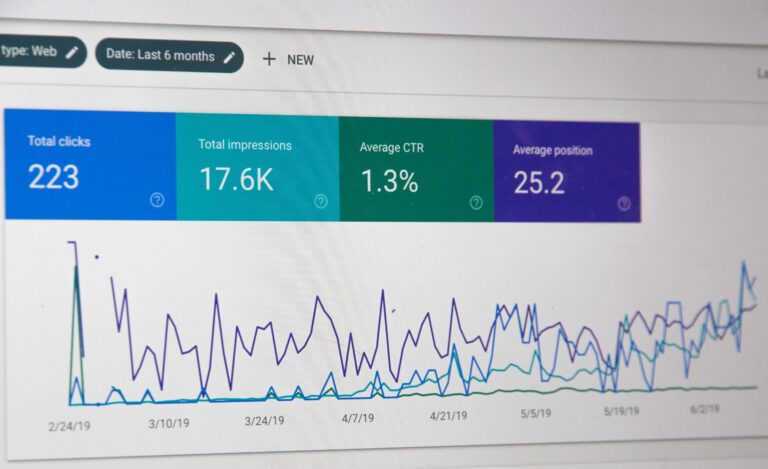They say a journey of a thousand miles begins with one step. This quote carries a strong message, and when it comes to entrepreneurship, the link is that business is regarded as an ongoing journey, and the first step, the starting point, is a plan. It determines whether the idea is viable or not.
What is a Business Plan?
In simple terms, a business plan is a written document that outlines your business idea and goals, plus strategies for achieving those goals amidst some challenges. A plan is therefore an essential tool for entrepreneurs looking to start a new business or for those seeking to expand their project, and even those seeking funding for their existing business. This article will explain in detail why it is necessary to do the write-up, even though it may appear like a tiresome process.
For starters, here are some key reasons why writing a business plan is important:
• Helps You Clarify Your Business Idea
A business plan forces you to think critically about your business idea and how it will work in the real world without too much resistance. It helps you identify the strengths and weaknesses of your idea and gives you a clear understanding of what it will take to turn your idea into a successful business.
• Provides a Roadmap for Your Business
A well-written business plan acts as a roadmap for your business, outlining the mission, vision, and necessary steps you need to take to achieve your goals. It helps you stay focused on your priorities and makes it easier to track your progress over time.
• Attracts Investors and Partners
Investors and partners want to see a solid business plan before investing in or partnering with a company. A well-written plan helps you demonstrate the potential of your business and the value it can provide to investors and partners. It gives assurance that a project will become fruitful.
What should be Included in a Business Plan?
The following points contain some of the key elements to consider when writing up a business plan.
• Executive Summary
The executive summary is a brief overview of your business plan. It should include your business idea, target market, competitive advantage, and financial projections.
• Business Description
This section provides an in-depth explanation of the business idea, including the specific products and services that will be offered, the target market, and the competitive landscape.
• Market Analysis
In this section, you'll need to research and analyze your target market, including its size, demographics, and buying habits. You'll also need to analyze your competitors and identify opportunities for your business, plus more potential revenue streams.
• Marketing and Sales Strategies
This segment outlines your marketing and sales strategies, including how you plan to reach your target market and promote your products or services. The sustainability of the strategies should also be given a second thought.
• Management and Operations
Here, you'll need to describe the structure of your business and the roles and responsibilities of your team members, taking into account their skills and talents. You'll also need to outline your operations plan, including how you plan to produce and deliver your products or services.
• Financial Projections
This segment is in two aspects that mostly include the start-up costs and revenue plus cash-flow projections. The first part is that you consider the availability of funding options which can be loans, grants, personal savings, or venture capital. The other part is about financial projections for the next three to five years.
• Appendices
Finally, you should include any additional information that supports your business in general. This may include legal and regulatory requirements, registration of business, and obtaining licenses and permits for paying tax. It may further include details such as market research and resumes of key team members.
In summary, writing a business plan can sometimes be an overwhelming assignment, but it's an essential tool






